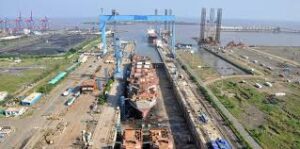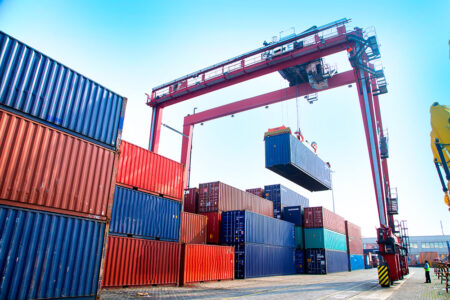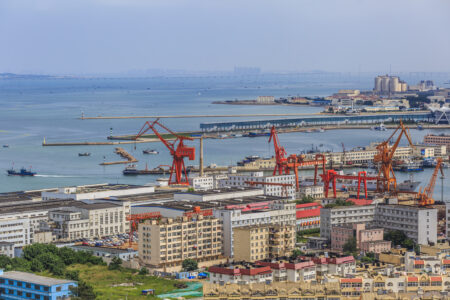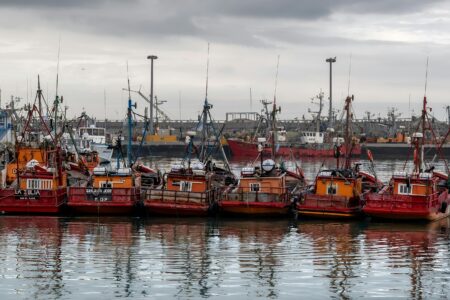SC admits Adani Krishnapatnam Port’s plea against NGT penalty but refuses interim stay, seeks CPCB’s response.
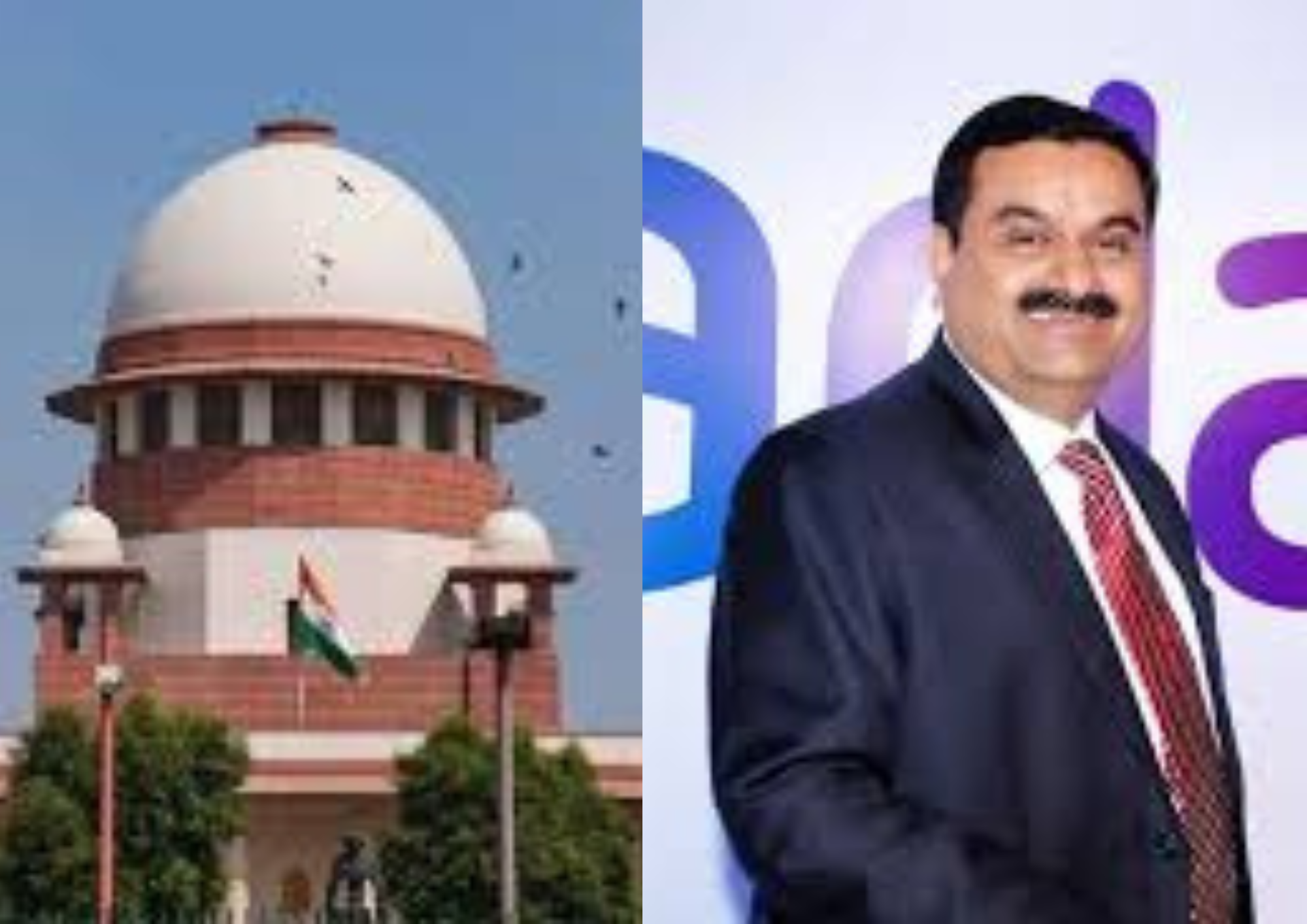
In a key legal development, the Supreme Court on Wednesday agreed to hear Adani Krishnapatnam Port’s (AKPL) appeal challenging a penalty imposed by the National Green Tribunal (NGT) for alleged environmental violations at its Andhra Pradesh port.
While the apex court declined to grant an interim stay on the NGT’s February 2024 order, it issued notices to the Central Pollution Control Board (CPCB) and other concerned parties, seeking their responses. A bench comprising Justices P.S. Narasimha and Atul S. Chandurkar clarified that it would not stay the order without hearing the other side.
The NGT’s directive had followed the findings of a Joint Committee, constituted by its Principal Bench in New Delhi. The committee reported multiple environmental breaches by AKPL, including severe coal dust pollution across the port premises, poor housekeeping practices, damaged infrastructure, and non-compliance with environmental clearance norms.
The report highlighted significant coal dust deposits on roads and vegetation, inefficient sweeping operations, and malfunctioning dust control systems. These findings were central to the NGT’s decision to impose a penalty on AKPL for causing environmental degradation.
AKPL’s counsel approached the Supreme Court, arguing that the company had not been heard during the original NGT proceedings and that the complaint was initiated by a local resident who later withdrew it. The NGT, however, took suo motu cognisance of the matter based on an inspection report by a team from the CPCB, the Andhra Pradesh Pollution Control Board (APPCB), and the District Collector.
In its petition before the Supreme Court, AKPL contended that it had already undertaken remedial measures and that the tribunal’s penalty was unwarranted, especially in light of the complaint’s withdrawal. The company sought an immediate stay on the order, which the apex court refused for now.
The case is now set for further hearing, with responses awaited from the CPCB and other stakeholders involved. The final verdict could have broader implications for industrial operations and environmental compliance protocols across India’s private ports.
Source: BS


